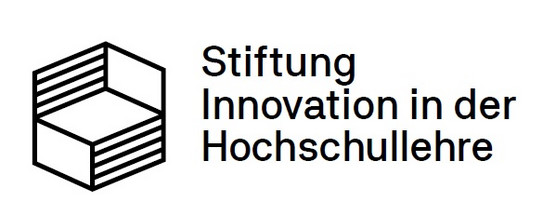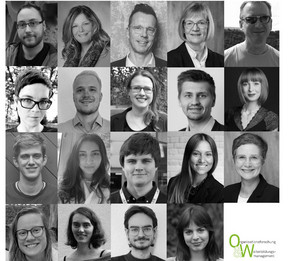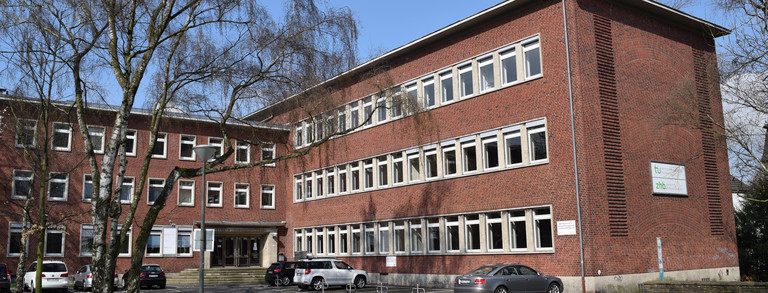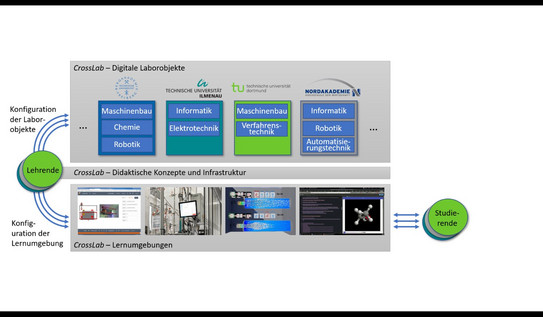CrossLab - Flexibly combinable cross-reality labs in higher education: future-oriented competence development for learning and working 4.0
Digital laboratory elements such as remote labs, virtual laboratory environments or simulations, which are summarized under the collective term cross-reality labs (CrossLabs), have proven their performance and flexibility not only in the current pandemic situation. Although the potential for cross-university use is obvious, the solutions remain isolated at the university level. Rigid implementations that are geared to individual didactic objectives prevent use from within the context of another university - there is a lack of interoperability. Complex systems remain reserved for a limited group of users.
Accordingly, the CrossLab project aims to define the didactic, technical and organizational solutions for open digital laboratory objects that can be combined across universities in a learning environment for student-centered teaching according to need. In this way, it is not the teaching that is adapted to the digital laboratory, but rather the laboratory that can be adapted to the requirements of the instructional situation.
For the implementation, the joint project integrates the competences of the partners Technische Universität Bergakademie Freiberg, Technische Universität Ilmenau, Technische Universität Dortmund and the NORDAKADEMIE University of Applied Sciences in Elmshorn and Hamburg. The project builds on existing digital laboratories in different subject areas. This creates an open teaching and learning system for students that can be flexibly adapted to their needs.
The TU Dortmund University is initially involved in the collaborative project with three partners:
- Chair of Organizational Studies and Management of Continuing Education at the Center for Higher Education (zhb.), (subproject leader: Prof. Dr. Uwe Wilkesmann, researcher: Dipl.-Päd. Claudius Terkowsky; coordinator for digital teaching at the TU Dortmund: Dipl.-Ing. Tobias R. Ortelt)
- Engineering Education at the Faculty of Mechanical Engineering (Prof. Dr. Tobias Haertel; N.N.)
- Laboratory of Equipment Sesign at the Faculty of Bio- and Chemical Engineering (Prof. Dr.-Ing. Norbert Kockmann, Dr.-Ing. Konrad Boettcher)
The project consortium also cooperates closely with Labsland, the world's first startup for remote laboratories in teaching, based in Bilbao (Spain) and St. Louis (USA), as well as the Community Working Group for Remote Laboratories in Germany.
Current information can be found on the project webpage.
Project period: 01.08.2021 to 31.12.2025






